What’s your earliest memory of going to the cinema?
I vaguely remember watching Thomas and the Magic Railway in 2000, but that’s not a clear memory. The youngest memory, that’s actually clear to me, isn’t until 2005, when I was 9 years old, and seeing Star Wars: Episode III – Revenge of the Sith, managing to get in for free as we knew someone that worked in the cinema at the time. As a young Star Wars fan (by no means loved it as much as I do now), I was extremely excited and distinctly remember my brother saying how it was gonna be “a blood bath”.
So many of my favourite memories in my life have been experiences that involve being in the cinema. Watching The Dark Knight and Inception when they were released, and not realising at the time how big they would become and go on to be two of my favourite films of all time. I’ve been to countless midnight screenings with particular ones standing out like the return of Star Wars with Episode VII -The Force Awakens (a film I think I have now seen 10 times in the cinema) and the atmosphere there, or even just last year with seeing Avengers: Infinity War and Endgame back to back in IMAX and then a Star Wars triple bill of The Force Awakens, The Last Jedi and The Rise of Skywalker all back to back in IMAX. And in between all of those, getting to work on The Last Jedi red carpet and being press at MCM Comic Con. All memories I will never forget and I hope to have more of on the same level.
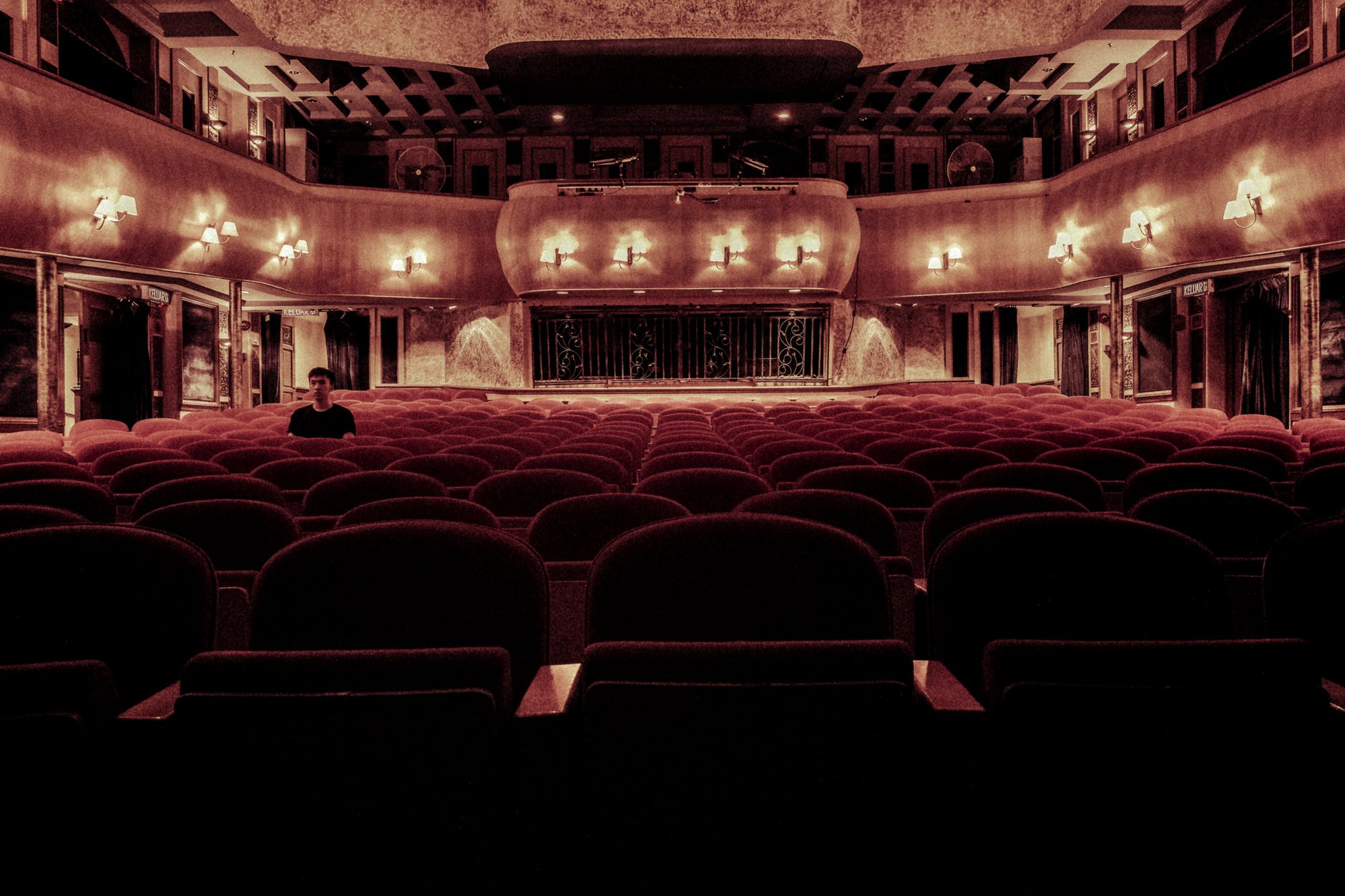
Whether you’re someone that goes to the cinema once a year or someone that sees every film possible, going to the cinema is about the experience. The argument that some people use, that you can just watch films at home and they’d rather be sat on their sofa and can pause the movie, is barely an argument. TV companies are constantly upping the picture quality and will do everything they can to make your experience at home the best it can be, but how does that compare to going to a cinema? It can’t, and it never will. You don’t get the smell of popcorn, the adverts and trailers in a cinema, unless you are rich, you don’t have a screen the same size; you don’t have the sound quality and the single most important thing as to why I believe that cinema cannot be replaced and what makes it so special, the atmosphere. There is nowhere else you can feel the energy in a room of 10’s or 100s of people who are just as excited to watch the film as you are, and that’s electric and contagious. If you aren’t sure what that feels like, the easiest way to notice is when you go to a midnight release. Being in a sold-out screening of the latest Star Wars or Marvel film, in a room full of fans who are desperate to watch, to see the film, talking about what the next two hours are gonna contain, the surprises that the filmmakers have put in there for them, and what the future of those universes are. And at these times, price isn’t a concern for the people going; we saw last year that Avengers: Endgame became the highest grossing film of All Time. If that’s not enough for you, then how about that the highest grossing film for each MPAA rating (apart from NC-17) came out in 2019 (source: Box Office Mojo). Nine films from 2019 made over one billion dollars worldwide, including the much-maligned Disney remakes that people are getting tired of. Price isn’t the problem.
So what’s the problem now? Why are cinemas struggling post-lockdown? Why are films constantly being delayed when cinemas are open? Why are people not going to the cinema? Who should be blamed cinemas, audiences or studios?

If you didn’t know, I’m based in the UK, so I mostly know how they’ve dealt with the new rules since Covid-19 has been around. I also may be a bit biased with this one as I have only seen how one cinema chain has dealt with keeping their cinema safe for customers. But I have heard from people online saying how impressed they are that cinemas have a lot in place. Cinemas require you to wear a mask for the duration of your time in the building; have socially distanced seating which reduces capacity, every touch point being sanitised frequently, screens at the tills and plenty of hand sanitiser around. Cinema chains took the chance to reopen in July, without major releases until the end of August with the release of Tenet. Cinemas showed cinema classics including The Empire Strikes Back, The Dark Knight Trilogy, The Back to the Future trilogy, The Karate Kid, and much more to get audiences in and prepare customers and staff for when it would be busier with Tenet and beyond. With Tenet struggling to bring in big numbers, other films moved, The New Mutants and Bill and Ted Face the Music also struggling to bring in big numbers. When Tenet numbers started to dwindle, the hope went to No Time to Die (the 25th James Bond film). However, the film moving to next April forced the hands of cinema companies to close their doors or risk losing more money than they are making. Why wait until the end of November to continually make a loss when Pixar’s Soul is set to be released, a film that isn’t a guaranteed money maker. Dune has also now moved from it’s December release leaving Free Guy and Wonder Woman 1984, which are more likely to bring in numbers but still leaves too much time for cinemas to wait. In a normal year cinemas would have made billions by this point in the year and with only one big film, that didn’t save cinema, in 2020 it was going to be a struggle and the decision to close cinemas until films are guaranteed to continually come out. Cinemas need help from studios to survive.
Audiences I find a tricky one to blame. I very much live in a film bubble and when it was announced that cinemas were reopening, despite my love for it, I was naturally hesitant to see how they reacted to keeping everyone safe, and my expectations were more than met, and from what I’ve heard from other people they completely agree. There’s always going to be people that refuse to wear a mask and think it’s difficult to wear one for a couple of hours, even though countless people have to wear them for their entire shift. People are scared, people are worried, and until they have it confirmed to be safe, they aren’t going to return. Especially when there aren’t big new films to watch. A lot of people have the mindset that why bother watching films in the cinema when they have it on DVD and they just want to see new films, but not just any films. Hardcore film fans do go and watch anything and everything; a lot of general audiences will only go to watch specific genre films and where there’s only one big film for the year, it’s not going to draw people in. That being said, people are happy to go to pubs and restaurants or go on holiday and sit on a plane for hours, but not sit in a screen, not near anyone else.
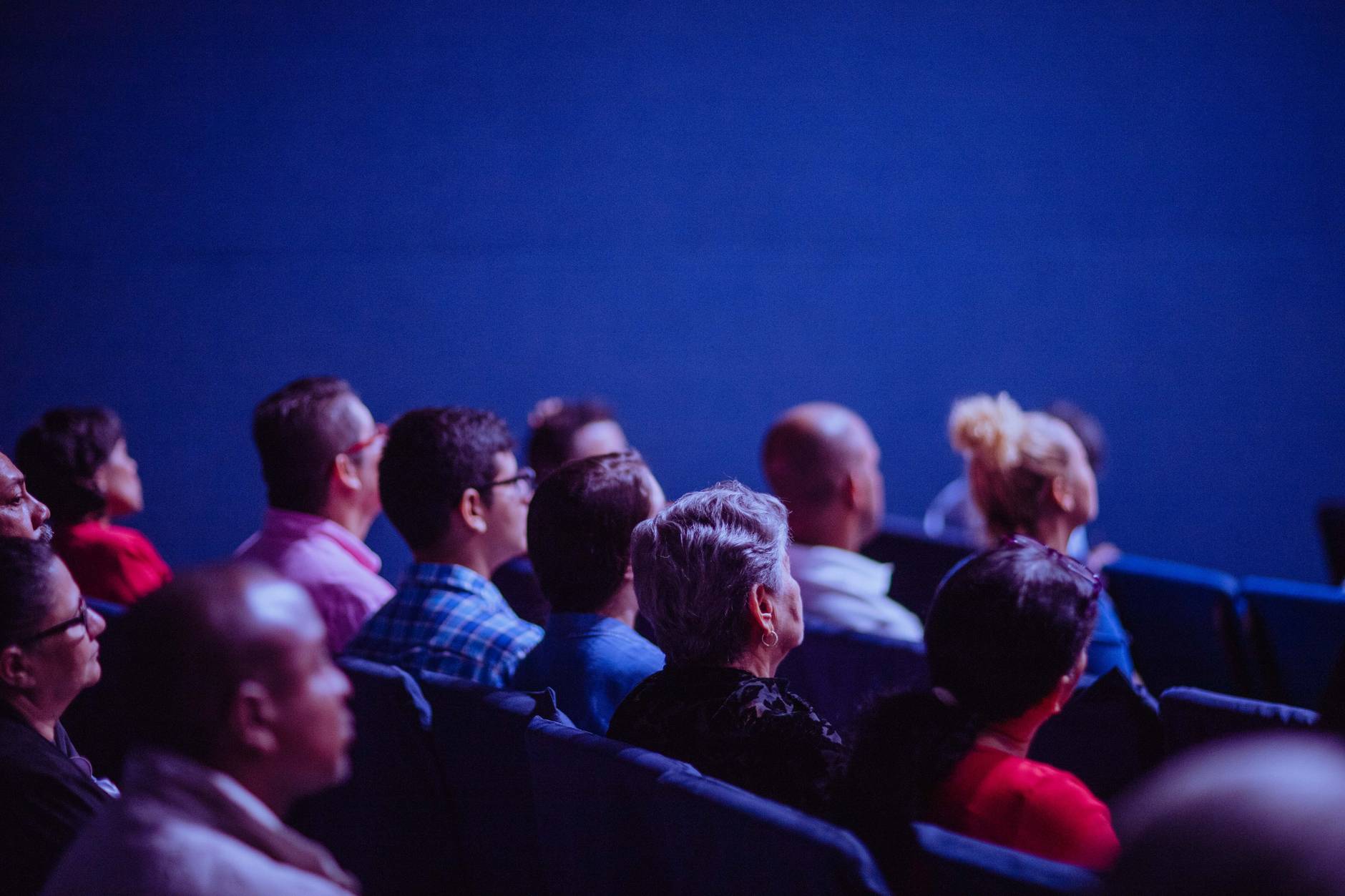
It was noted that Christopher Nolan was the person that specifically prevented Warner Bros from releasing Tenet on demand, and that maybe he specifically wanted his film to be the one that saved cinema. Tenet had a solid effort and maybe did better than people would’ve predicted. But that’s not enough for cinemas. They needed the release of several successive films to get audiences in. The King’s Man was due to be released in September, a couple of weeks after Tenet, but moved to February. Wonder Woman 1984 was supposed to be the first week of October but has been moved to December now. The gap between Tenet and Free Guy becoming over three months. Three months between big films?! That’s a long time for cinemas that are used to, at the very least one big film a month. Disney were heavily criticised for moving Mulan onto their streaming service, Disney+, charging cinema prices to watch a film from home, when you could just wait for it to be on the service for free a couple of months later. After the success of Aladdin and The Lion King in 2019, that would’ve meant that Mulan would likely have done well in cinemas in a normal year. The early September release would’ve been a perfect counter-programming where you have a film for, Adults (Tenet) and then a film for families. Skip ahead to the straw that broke the camels back; No Time to Die. James Bond is extremely important to the UK box office. A franchise that is ingrained into British culture. Skyfall was the first film to gross over £100 million at the British box office, an achievement that has only been topped by Star Wars: The Force Awakens. Two of the top three films of all time at the UK box office are Bond films (Skyfall and Spectre). They are ahead of Avengers: Endgame, the highest grossing film of all time worldwide. That’s how important Bond is to the UK. That’s why cinemas couldn’t go any longer. The film could have kicked started the cinema-going industry again. But a studio took the hit without cinemas in major US cities, Los Angeles and New York, being open yet. The risk of not putting a film out in such big markets does mean that studios would make less money. But also puts the film at greater risk of being pirated, after a summer when those people haven’t had a chance to pirate anything from cinemas and when its a big film like Bond that people would want to see day one, people would be willing to find it online and just watching at home, hurting the cinema industry, in these uncertain times. So, to avoid the piracy problem and move to a time where audiences are more comfortable does make sense from a studio point of view but that is money they know they will make in the future and could take a hit to help cinemas.
Cinema is important to a lot of people. Millions of film fans around the world get extremely excited for their releases. The film industry creates a lot of jobs. I think you can tell from my arguments that I put the blame on studios, especially Universal, who have boasted about how much they made during the lockdown with Trolls World Tour being on demand. They can afford to take a hit, no film is going to make as much as it would’ve in a pre-covid world; studios are just going to have to accept that otherwise they will lose cinemas to show the films in. I don’t believe at all that this is the end of cinema; maybe some companies will lose out, but there will be a return. Does part of it come back to how America has dealt with the pandemic, as cinemas across the world are open? Arguably. But I’m not here for politics. I’m here because I love cinema and all I can do is encourage you to support your local cinema, show cinemas that you want to see films and that will encourage studios. Go and see how safe it is on the screens and how comfortable you feel; tell your friends and family. If you are uncertain you can go and discuss it with an employee, read up on the measures in place online, most open cinemas have discounted prices or deals, enjoy that while it lasts. Watch something you’ve never heard of; you might end up loving it and want to watch something else. Fall in love with going to the cinema and the art form that it is and the experience of being around like-minded people. Remind yourself that as entertaining as streaming services can be that nothing beats watching a film in the cinema.
Follow on Instagram @floodersfilms and like on Facebook to keep up to date on the latest reviews and articles.

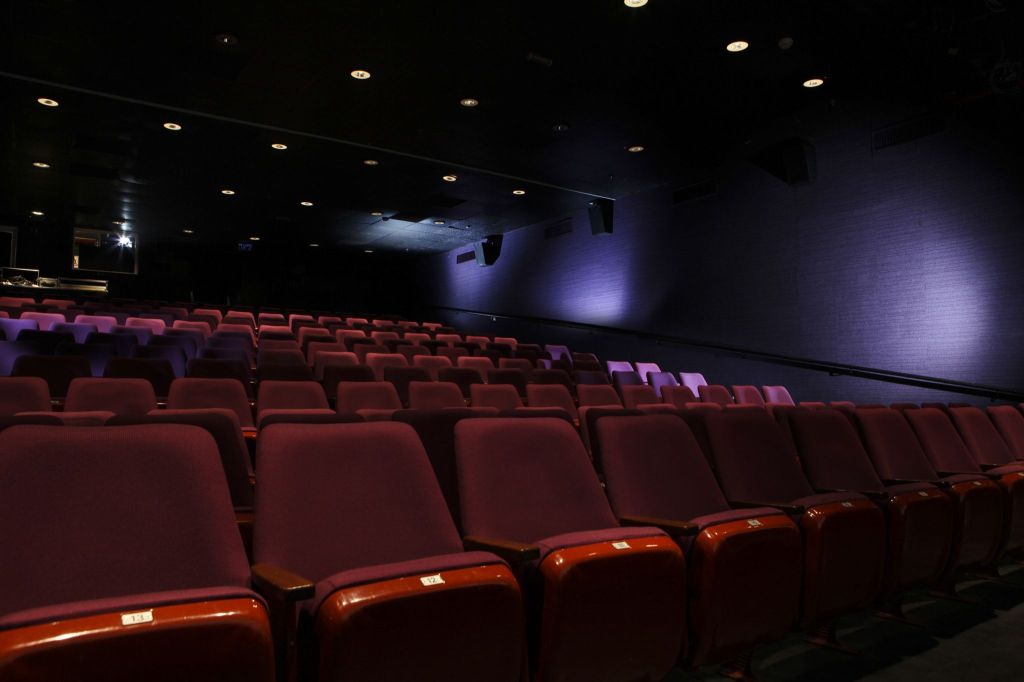
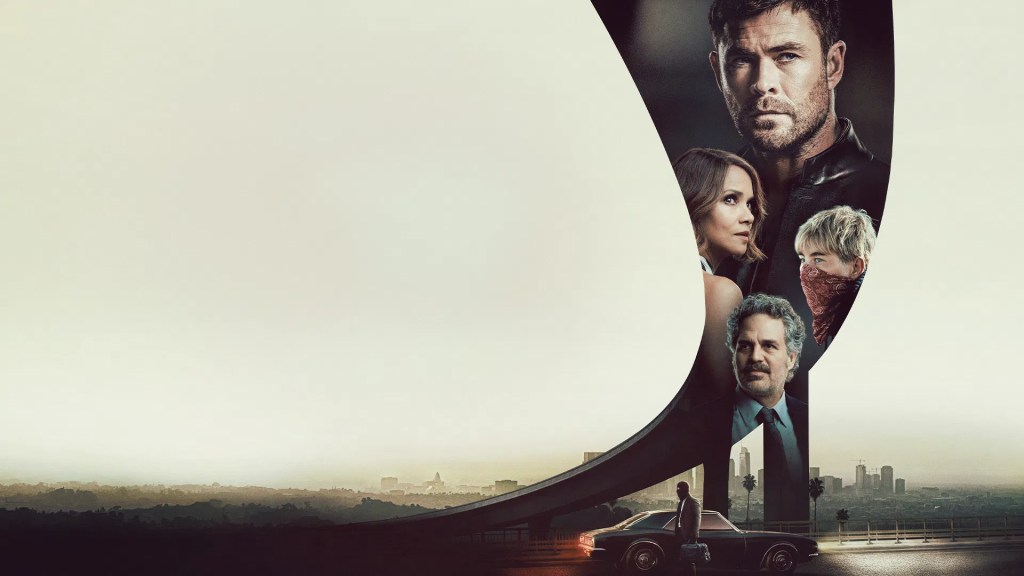


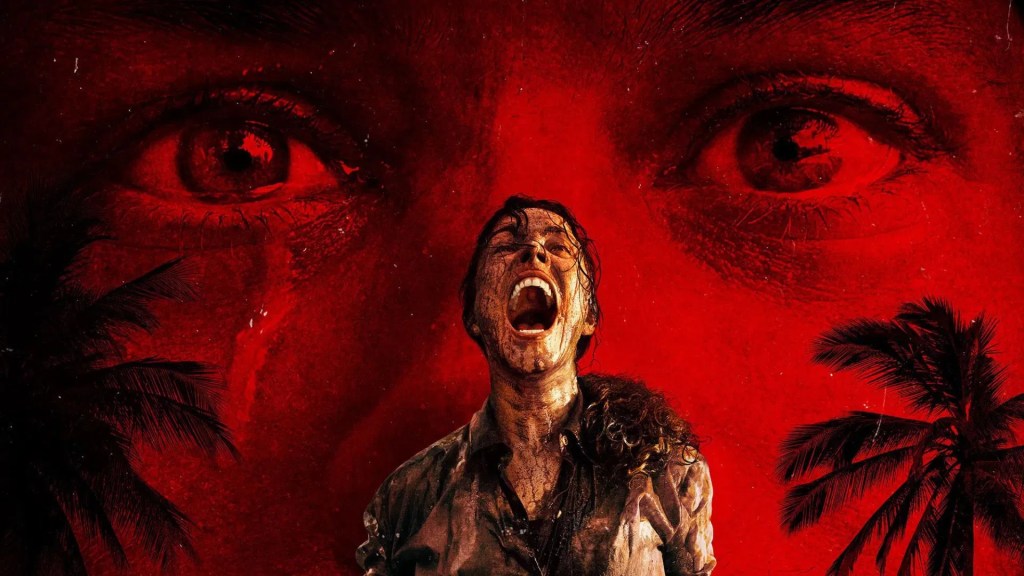
Leave a comment